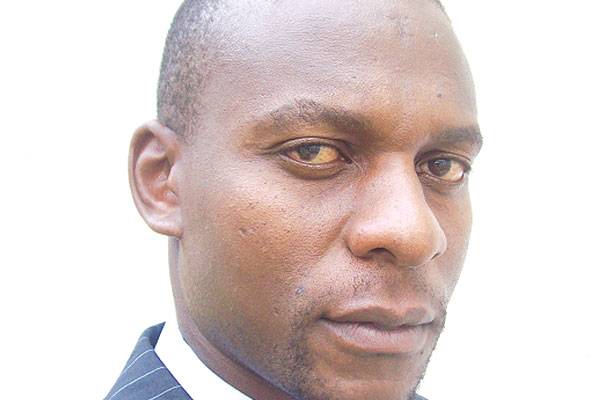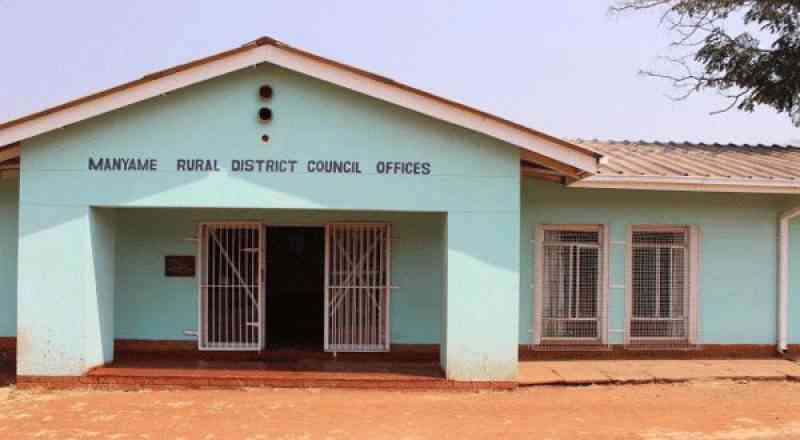
BY BRENNA MATENDERE
MBIZO legislator Settlement Chikwinya (MDC Alliance) has bemoaned the appalling conditions at Kwekwe Remand Prison after spending two weeks behind the institution’s walls following his arrest for allegedly inciting unrest in the country.
The MDC legislator was arrested and incarcerated last month during the army crackdown on dissent, on allegations of inciting public violence.
In an exclusive interview with Southern Eye soon after being freed on bail by Bulawayo High Court judge Justice Martin Makonese, Chikwinya narrated his horrific experiences at Kwekwe Remand Prison.
“The prison infrastructure is dilapidated and dehumanises one to the level of an animal. Kwekwe Prison is overcrowded, currently holding 217 inmates against a holding capacity of 120. Remember, Kwekwe Prison is, by design, a remand prison but currently convicts are also being held and serving from that institution,” he said.
“Inmates have to contend with water shortages, coupled with very poor diets and overcrowding in holding cells.”
Chikwinya said fellow inmates wanted him to push for better prison diet in Parliament.
“The complaints are largely to do with food. The diet comprises of sadza, beans or some vegetable they call Boko Haram. The beans is normally not well-cooked. The Boko Haram is some weed normally found at some cattle pens or along riverbeds, one with purple leaves [Amaranth]. I grew up using the weed to feed rabbits. The inmates want a change of that situation,” he said.
- Chamisa under fire over US$120K donation
- Mavhunga puts DeMbare into Chibuku quarterfinals
- Pension funds bet on Cabora Bassa oilfields
- Councils defy govt fire tender directive
Keep Reading
“The institution needs a borehole in order to facilitate irrigation for normal household vegetables like covo or rape. Currently, the borehole is malfunctioning and the few times it works, it cannot cope.”
He called on humanitarian organisations to chip in and alleviate the plight of inmates at KweKwe Prison.
“Zimbabweans survive in conditions that any ordinary person elsewhere cannot survive. The prisoners looked like any other normal Zimbabwean, hungry and expecting for more, but the State seems to have forgotten and condemned them. Understandably, the convicted may have been condemned by society, but it remains the duty of the State to take care of all its citizens in terms of the Constitution,” the MP said.
Contacted for comment, Midlands/Masvingo spokesperson for the Zimbabwe Prison and Correctional Services, Jere Ruzive said he needed to first visit Kwewe Remand Prison before making a conclusive comment, but highlighted that any challenges would be given attention.
“At the moment, I am at Whawha Prison where we are receiving some visitors from non-governmental organisations. Regarding the concerns at Kwekwe Prison, that one I would need to first go there so that I appreciate the situation before commenting. However, I cannot tell you when that will be because we are busy at the moment, but be careful as some people tell lies about our prisons,” he said.
Most prisons in Zimbabwe are overcrowded, making them a breeding ground for diseases like tuberculosis.
According to a report produced by the United States Department of State Bureau of Democracy and Human Rights (DRL), Zimbabwe prison conditions are harsh due to overcrowding, inadequate lighting and ventilation, while insufficient food, mattresses, blankets, warm clothing, sanitary supplies, and hygienic products are common at many facilities.







